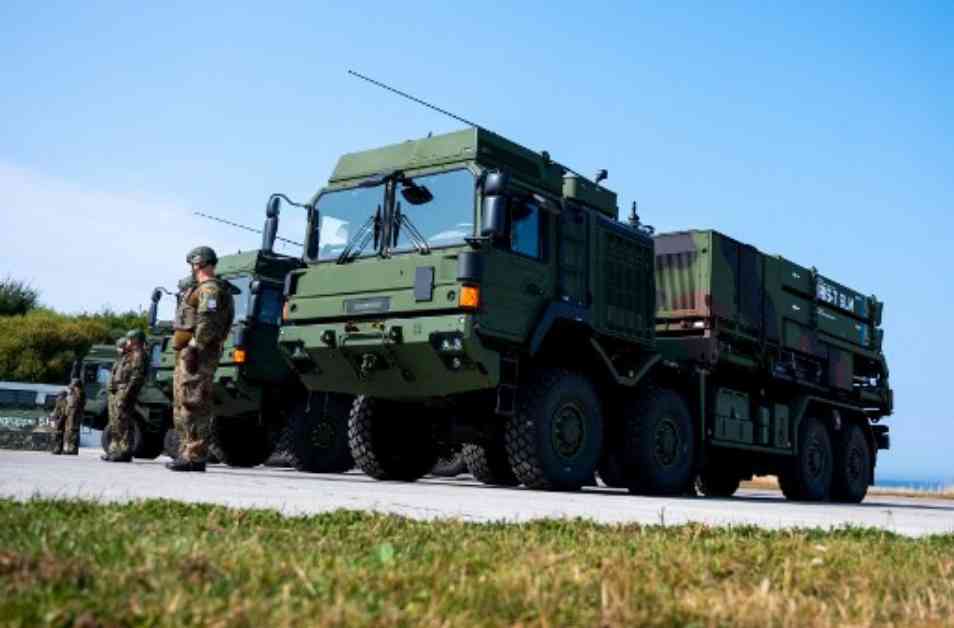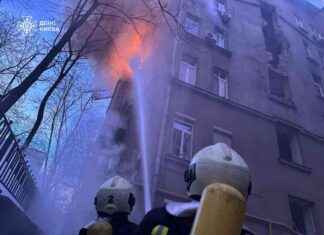Zelensky and Macron Discuss Military Aid and EU Membership at Auschwitz Commemoration
President Volodymyr Zelensky and French President Emmanuel Macron engaged in talks on Monday regarding security guarantees and Ukraine’s potential accession to the EU during their visit to Poland for Auschwitz commemoration events. The leaders gathered in Oświęcim, a town adjacent to the infamous concentration camp, to mark the 80th anniversary of its liberation by the Red Army.
Zelensky took to social media to express the focus of their discussions, emphasizing “security cooperation and possible formats for security guarantees for Ukraine and all of Europe.” He also highlighted Kyiv’s reliance on France’s support in the negotiation process for Ukraine’s EU membership.
While Zelensky’s aspirations for EU accession face uncertainty due to shifting geopolitical dynamics, the US has voiced skepticism over Ukraine’s immediate NATO membership. However, the decision to join the European Union lies outside of US influence, with the EU’s Common Defense and Security Policy offering a different framework for international security cooperation.
In the realm of defense procurement, Ukraine faces internal challenges following the controversy surrounding the Defense Procurement Agency (DPA) and the dismissal of its head, Maryna Bezrukova. The G-7 delegates urged a swift resolution to maintain the flow of weapons to Ukraine amidst a political power struggle within the country’s defense sector.
As Defense Minister Rustem Umerov appoints a new head for the DPA, the situation remains tense, with Bezrukova contesting the authority of the decision. The intricacies of Ukraine’s defense procurement apparatus underscore the complexities facing the nation in its quest for security and stability.
In a broader context, the global community’s attention remains fixed on Eastern Europe, with reports surfacing of potential Chinese involvement in supporting Russia’s military campaign. As the conflict continues to evolve, the dynamics of international relations in the region are constantly shifting, raising questions about the future of Ukraine and its allies.
In the midst of these multifaceted challenges, the significance of Zelensky and Macron’s meeting at Auschwitz extends beyond symbolic gestures, shedding light on the intricate web of geopolitical interests and security concerns that shape the fate of nations. As the world watches, the dialogue between leaders serves as a beacon of hope in the pursuit of peace and stability in a volatile region.

















